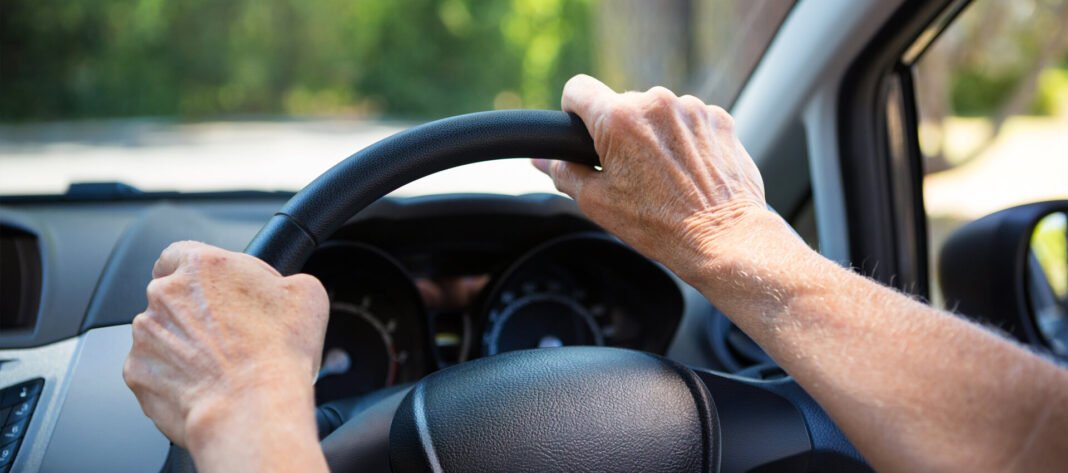July 3: The Supreme Court has ruled that insurance companies are not liable to pay compensation in cases where individuals die due to their own rash and negligent driving. The verdict came in response to a petition filed by the legal heirs of a man who died in a self-caused accident while driving at high speed.
A bench comprising Justices P.S. Narasimha and R. Mahadevan upheld an earlier decision by the Karnataka High Court, which had dismissed a compensation claim of ₹80 lakh filed by the deceased’s wife, son, and parents. The top court declined to intervene in the high court’s ruling, stating, “We are not inclined to interfere with the impugned judgment passed by the high court. Hence, the Special Leave Petition is dismissed.”
The incident dates back to June 18, 2014, when N.S. Ravisha was driving from Mallasandra village to Arasikere town. He was accompanied by his father, sister, and her children. According to court findings, Ravisha was driving at an excessive speed and in a negligent manner, disregarding traffic norms. He lost control of the vehicle, which subsequently overturned, leading to his death.
The Karnataka High Court had concluded that the accident was solely due to Ravisha’s reckless driving. Citing legal principles, the court had observed that as the deceased was the one responsible for the mishap, his legal heirs could not claim compensation for a death caused by his own fault. “The accident occurred due to the rash and negligent driving of the deceased himself and he being self tort-feasor, the legal heirs cannot claim any compensation for his death. Otherwise, it would amount to a person who committed breach getting the compensation for his own wrongs,” the High Court had stated.
The Supreme Court’s refusal to entertain the plea reinforces the legal stance that no individual can benefit from their own wrongdoing, particularly in cases involving insurance claims.








